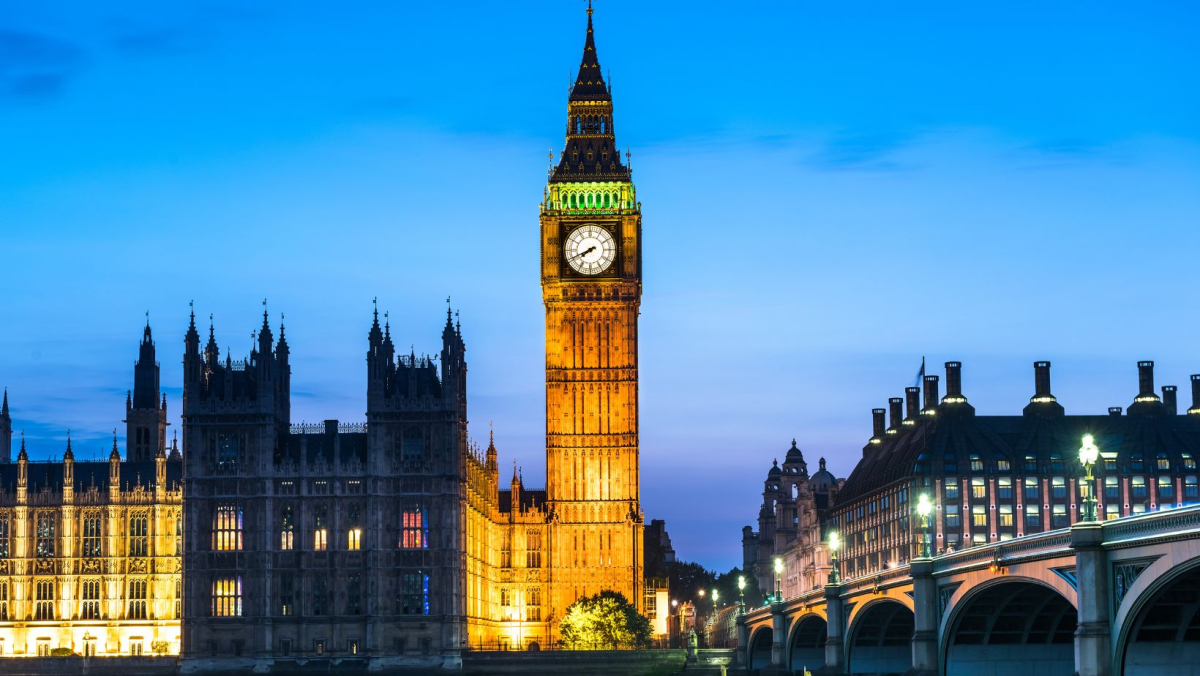UK employers hurry to secure visas for staff before new immigration rules are implemented

UK employers are hurrying to file visa applications for skilled staff in anticipation of changes to immigration rules by Rishi Sunak’s government. These alterations will significantly raise the expenses associated with hiring foreign workers.
According to immigration lawyers, some clients are already retracting job offers due to the necessity of offering much higher salaries to individuals recruited via skilled worker visas starting in April. Additionally, there has been a notable increase in the fees imposed on overseas staff for utilizing the NHS, which took effect this week.
To avoid increased costs, some companies are advancing their hiring plans and renewing visas for existing employees in advance. Concurrently, the Home Office is intensifying its scrutiny of employers to combat visa fraud and labor abuses.
These changes, which form part of the government's strategy to reduce inward migration by 300,000 annually before the next election, have led to a backlog of applications and fierce competition for the limited slots available for fast-track processing.
Nicolas Rollason, head of business immigration at Kingsley Napley, described the situation as a "last-minute rush to get in under the wire."
The Home Office denies claims of delays, stating that all applications meeting government requirements are processed within the published service timelines. However, Chetal Patel, head of immigration at Bates Wells, noted that employers are "panicking" as time runs out to hire at current salary levels and are including clauses in contracts to recover visa fees if recruits leave their jobs prematurely.
Businesses are additionally troubled by uncertainty regarding the specifics of the new rules. In December, Home Secretary James Cleverly announced that the main salary floor for skilled worker visas would increase from £26,200 to £38,700 in April. This hike could pose challenges for employers in sectors such as hospitality and manufacturing, which rely on the system to fill roles ranging from chefs to welders.
"We are seeing an impact. People are losing jobs," remarked Ben Sheldrick, managing partner at Magrath Sheldrick. He mentioned one client who had abandoned plans to hire a specialist jeweller from India, and others who were reconsidering graduate recruitment.
However, in many higher-paid professions, the salary threshold specific to a worker’s role will increase even more drastically. Currently, the Home Office sets a "going rate" for each eligible occupation for skilled visas, positioned at the 25th percentile of the UK earnings distribution.
Employers must match this going rate if it exceeds the £26,200 threshold. The Home Office intends to align salaries with median full-time earnings for each occupation "to discourage employers from excessive reliance on migration".
Additionally, it is reassessing a "shortage occupation list" of roles where employers are permitted to pay 20 per cent less than the standard going rate, which will be renamed as an "immigration salary list".
Lawyers indicated that in many instances, the new regulations would essentially limit the visa system to high-paying London firms and senior personnel, at the expense of regional businesses, startups, and recent graduates.
Naomi Hanrahan-Soar, partner at Lewis Silkin, cited a recruiter in Northern Ireland struggling to fill over 100 engineering positions. "These are for major projects, but because they are regional, they do not meet the new salary threshold," she explained.
A more than 40 per cent increase in the salary floor for programmers would pose challenges for tech startups in a tougher fundraising environment, according to Rollason. "If they attempt to extend the [funding] runway by reducing salaries for someone with equity in the business... they will have limited flexibility."
The changes also present a significant dilemma for professional services firms, which recruit numerous international students from UK universities.
Foreign students can work in Britain on a graduate visa for two years and on a salary 20 per cent below the standard minimum for skilled worker visas until the age of 26. However, even if the Home Office maintains this discount, employers would eventually have to pay them significantly more than their British counterparts after a few years on the job.
This poses a challenge even in sectors such as accountancy and consulting, where starting salaries at smaller firms fall far below the substantial sums offered by top global players.
However, it could potentially reshape professions like architecture, where practices based in London have traditionally attracted talent from around the globe while providing services to international markets.
"It will be a car crash," remarked Stephen Drew, a recruiter and the founder of the job website Architecture Social.
An architectural assistant who has studied for five years, yet is not yet qualified, might earn approximately £30,000 in London—above the current going rate for a visa, but significantly below the anticipated new threshold. Even experienced architects often arrive in the UK on modest salaries initially while obtaining local accreditation, according to Drew.
Karen Phillips, the human resources director at Building Design Partnership, a London-based practice with 10 studios worldwide, highlighted the diverse nature of the workforce, which brings "diversity of thought in design," as well as language and technical skills.
Oliver Lowrie, co-founder of Ackroyd Lowrie, a practice that employed two architects on skilled visas last year, questioned the rationale behind a policy that, according to Home Office estimates, would only reduce net migration by 15,000 annually.
While this figure represents a small fraction of the overall net migration, which stood at 672,000 in the year to June, it accounts for nearly a quarter of the skilled worker visas issued in the last year, excluding those in the health and care sectors.
"London is one of the design capitals of the world... we're a magnet for talent," Lowrie stated. "We export skills, with top practices earning a third of their revenues overseas. The current ecosystem is robust—there's no point in undercutting it."